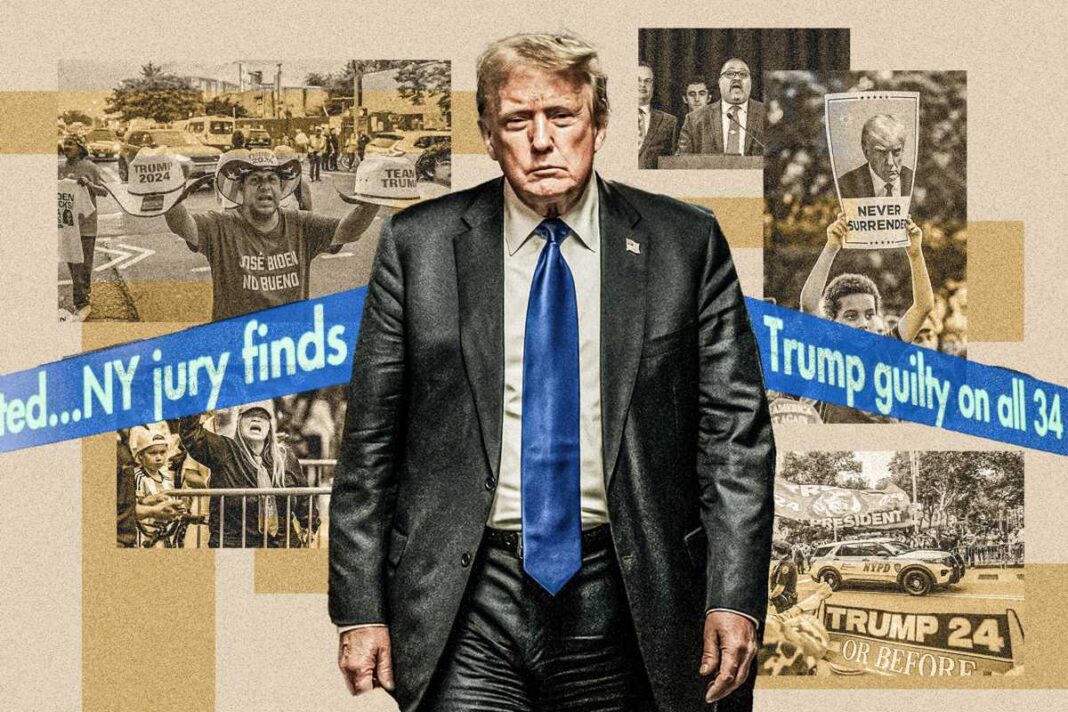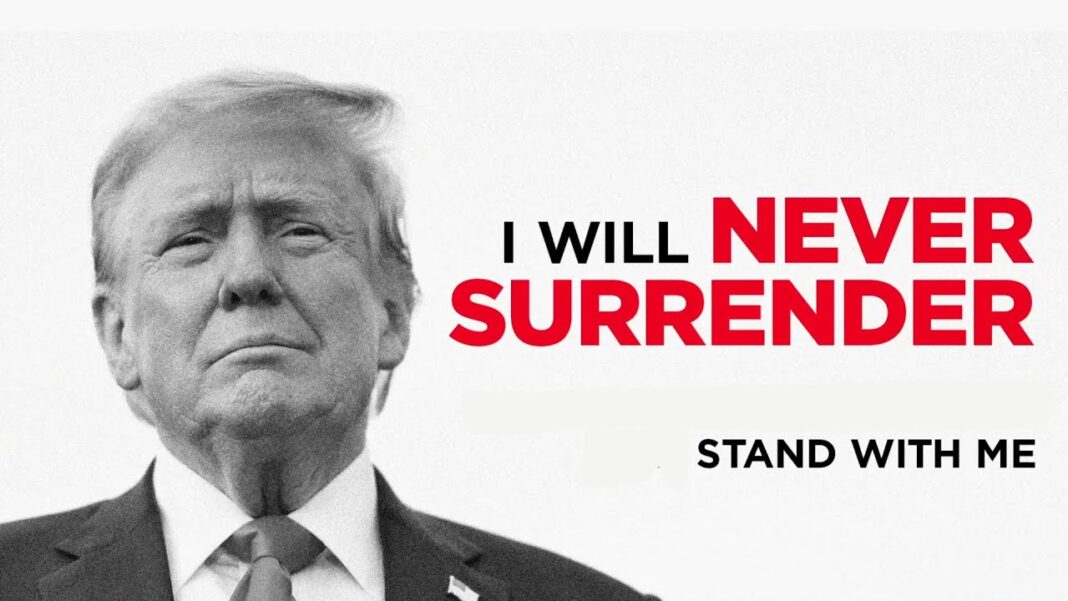As a convicted felon, Trump can still run for the presidency. He is expected to appeal the conviction. Here’s what you need to know.
A Manhattan jury took fewer than 12 hours to return a verdict in former President Donald Trump’s New York criminal trial, finding him guilty of 34 counts of falsification of business records with the intent to conceal another crime.
The former president’s conviction makes him the first U.S. president to be convicted of a crime.
Short of a successful appeal, he could now be facing such penalties as jail time, probation, or fines.
Ultimately, it will be up to the presiding judge, Justice Juan Merchan, to decide on the appropriate sentence. Manhattan District Attorney Alvin Bragg has not indicted if prosecutors will seek prison time.
The judge has set the sentencing hearing for July 11 at 10 a.m. This is four days before the Republican National Convention where President Trump will be formally designated as GOP presidential nominee.
As a convicted felon, President Trump is not barred from running for the White House.
Crimes
The six-week trial revolved around $130,000 in payments that President Trump’s former attorney, Michael Cohen, paid adult film actress Stormy Daniels, whose real name is Stephanie Clifford, ahead of the 2016 presidential election.
Manhattan District Attorney Alvin Bragg claimed that Mr. Cohen made the payments on President Trump’s behalf to buy Ms. Clifford’s silence over an alleged affair that the former president denies took place. The district attorney further charged that President Trump mislabeled his reimbursements to Mr. Cohen for those payments to conceal another crime, constituting felony-level falsification of business records.
Prosecutors alleged that the secondary crime is a New York election law that criminalizes conspiracy “to promote or prevent the election of any person to a public office by unlawful means.”
The unlawful means identified by prosecutors were violations of the Federal Election Campaign Act, the falsification of other business records, or violations of tax laws. Judge Merchan ruled that the jury did not have to unanimously agree on what the “unlawful means” was.
Throughout the trial, President Trump maintained his innocence of any crimes.
What’s Next?
The crimes President Trump was convicted of are class E felonies, the lowest level under New York law. Each count carries a maximum sentence of four years in prison, but state law limits the total maximum sentence to 20 years.
By Samantha Flom and Jackson Richman





